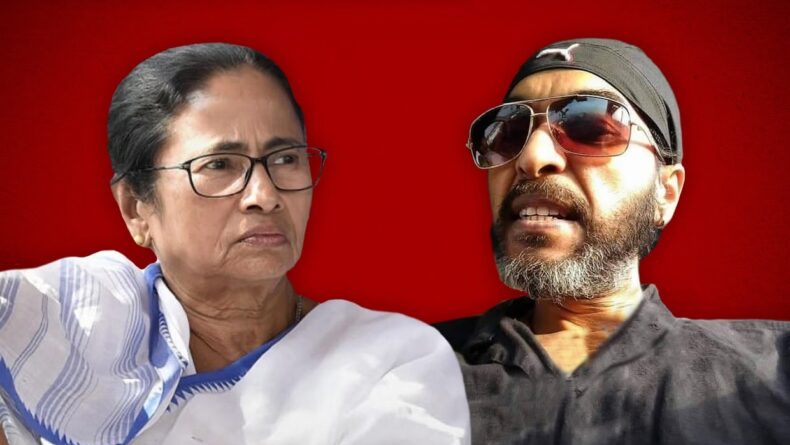Roddur Roy, a YouTuber and vlogger whose real name is Anirban Roy, was arrested in Goa by Kolkata Police on charges of allegedly abusing West Bengal Chief Minister Mamata Banerjee and Trinamool Congress MP Abhishek Banerjee in a video posted on social media (See here; https://www.facebook.com/roddurroyofficial/).
He was brought to Kolkata on transit remand. After a complaint was filed by Trinamool Congress (TMC) spokesperson Riju Dutta at Chitpur police station on Saturday, a FIR was filed against the vlogger under various sections of the IPC, which led to the arrest of Roy for his comments.
The recent uproar over ex-BJP Speaker Nupur Sharma’s remarks about Prophet Mohammed, as well as the arrest of comedian Munawar Faruqui, has compelled us to investigate the right to freedom of speech and expression granted to all Indian citizens.
The Constitutional provision for freedom of Speech and Expression in India;
Freedom of expression is a fundamental right guaranteed to all citizens under Article 19(1) of the Indian Constitution.
The freedom of speech and expression does not include liberty to propagate one’s views only. It also encapsulates the right to publish or propagate or broadcast the views of other people; or else, this freedom would not include the freedom of press.
Freedom to propagate one’s view is the lifeline of any democratic establishment and any attempt to curtails, suffocate, stifle, or gag this right appear a death knell to a functioning democracy.
The Constitution, however, does not guarantee an absolute individual right to free expression. Instead, it envisions reasonable constraints that could be imposed on this right.
Many laws that restrict free speech, such as those punishing sedition, hate speech, or defamation, are based on Article 19. (2). This clause also allows for the inspection of movies, books, paintings, and other items.
Scholars point out that censorship in India has historically been and continues to be rooted in the discourse of protecting Indian values from outside forces and building and maintaining strong national unity post-independence. Scholars conclude that any misuse of the law may be harmful to the arts and ideas.
We need to understand the fact that advanced communication mediums encourage public interest by informing the public of the events and development that have taken place and thereby educating the voters, a role considered important for the smooth functioning of a democracy.
Therefore, in any setup more so in a democracy like ours, broadcasting of news and views for popular consumption is a must and any attempt to deny the same must be disapproved of unless it falls within the mischief of Article 19(2) of the Constitution.
Modern communication mediums promote public interest by informing the public about current events and developments and thus educating voters, a role that is critical for the vibrant functioning of a democracy.
As a result, broadcasting of news and views for public consumption is a must in any setup, especially in a democratic setup like ours, and any attempt to deny it must be disapproved of unless it falls within the mischief of Article 19(2) of the Constitution.
Freedom of Speech and Roddur Roy;
Roy is well-known for his controversial social media posts and YouTube videos in which he makes disparaging remarks about politicians and leaders.
Previously, he had criticized Rabindranath Tagore and posted a video in which he was seen abusing Prime Minister Narendra Modi, the Indian National Flag, and the country. See here
Despite creating uproar, he was allowed to express his views and opinions.
Although the remarks made by Roy may appear to be in concurrence with the restrictions enshrined under Article 19(2), we may not say for sure that his freedom of speech and expression are being curtailed.
For this, we will be required to wait for the remarks of our Honorable Court.












